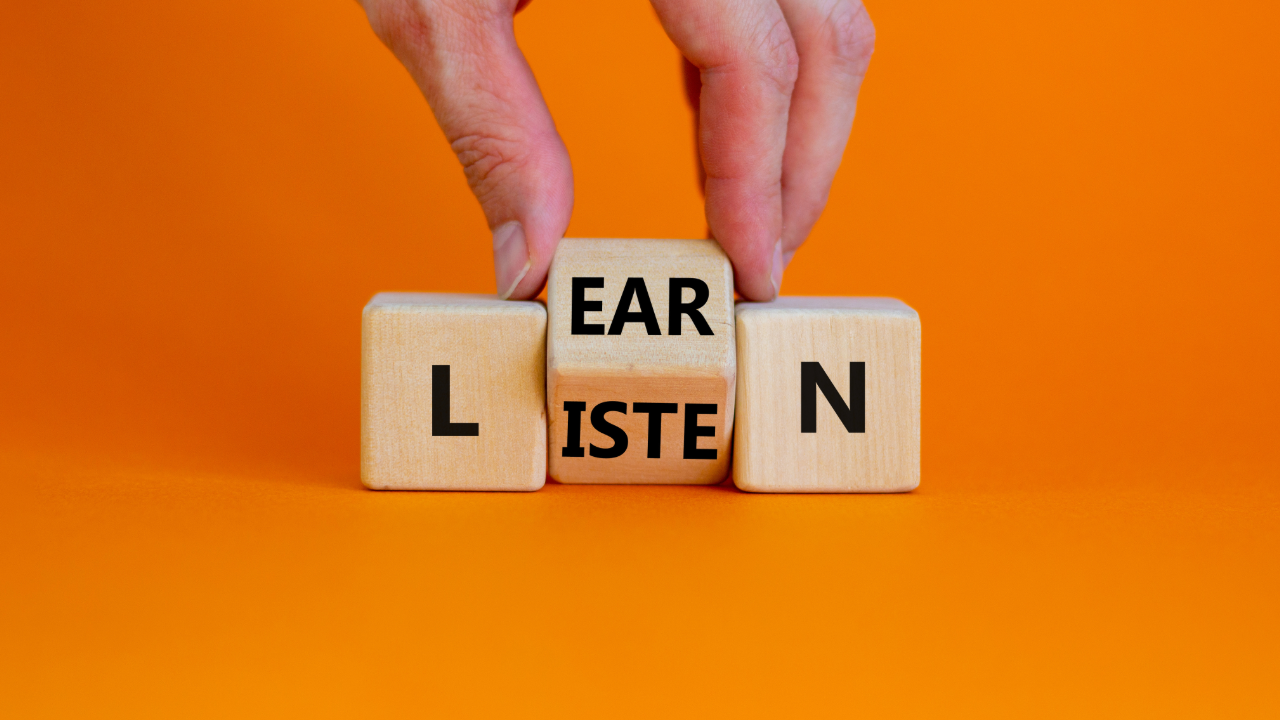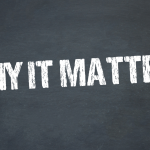Governance is no longer isolated — it’s collaborative, social, real-time and powered by community.
In 2025, governance practices are undergoing a fundamental shift. No longer the quiet domain of static board meetings, paperwork and tick-box compliance, governance has become a living, active network of people, knowledge, frameworks and best practices. Organizations have realized that in a dynamic world — with regulatory change, digital disruption, stakeholder activism, sustainability demands and global interconnectedness — governance cannot succeed in a silo.
Instead, governance communities have emerged as a central pillar of modern organizational resilience. These are networks where professionals, boards, advisers and organizations come together to learn, share templates, discuss frameworks, exchange insights, identify blind spots, anticipate risks and elevate the standard of oversight together.
Here’s why this is happening — and how MPG is leading the way.
🌐 1. Why Companies Join Knowledge-Sharing Communities
Organizations today recognize that governance frameworks, regulations, best practices and stakeholder expectations evolve faster than any single internal team can master. Thus, many are turning outward to join peer networks and communities.
By joining such communities, companies gain:
- Access to crowdsourced best practices — e.g., how peers are handling ESG oversight, digital risk, board diversity, audit practices
- The ability to benchmark their frameworks against the community and identify gaps or blind spots
- Shared documentation, templates, frameworks and tools that accelerate maturity
- Real-time tips about emerging risks or regulatory shifts
- Networking, peer advice, and inside insight that would cost far more if developed internally
Research into professional networks shows that being well-connected within your domain improves organizational performance. For example, organizations whose employee networks or governance networks sit at the “centre” of the knowledge ecosystem perform better.Harvard Business School Library+2LinkedIn+2
For governance, this means your ability to learn from others and plug into a community becomes a competitive advantage.
🔄 2. Governance Becoming More Social, Connected & Real-Time
Gone are the days when governance was only periodic (quarterly board meetings, annual reports). Today’s boards, oversight functions and governance professionals expect:
- Real-time discussions of emerging risks, stakeholder developments and regulatory changes
- Collaborative platforms where frameworks, policies and procedures are reviewed, commented on and iterated with peers
- Social-style interactions: forums, chat discussions, shared libraries, peer-to-peer Q&A
- Instant access to the experiences of others: “How did you handle X scenario in your board?” “What template do you use for Y?”
- Governance communities where knowledge is dynamic, not static
In other words: governance is becoming social — not in the sense of casual, but in the sense of connected, shared and networked.
🧠 3. The Benefits of Crowdsourced Best Practices
When governance professionals come together, major advantages emerge:
- Faster learning: instead of reinventing the wheel, they adopt what worked elsewhere
- Better frameworks: insights from multiple organizations lead to richer, more robust governance systems
- Reduced risk: when blind spots or emerging issues are flagged by the community, members can respond early
- Resource efficiency: shared templates, documentation, tools reduce duplication and cost
- Stronger networks: professionals build relationships with peers, advisers, experts — enhancing influence
- Continuous improvement: community feedback helps optimize governance practices over time
By leveraging the collective intelligence of a community, organizations elevate their governance maturity and build resilience.
🚫 4. Communities Help Organizations Identify Blind Spots
One of the hardest challenges in governance is uncovering blind spots — areas your organization may not see because they lie outside your current experience. Governance communities help by:
- Exposing you to peer experiences you don’t have internally
- Offering candid peer discussions of failure or near-misses
- Providing frameworks or checklists you may not yet use
- Reflecting on changing stakeholder expectations (e.g., ESG, cybersecurity, diversity, remote governance)
- Surfacing emerging regulatory trends or risk vectors before they become crises
In this way, being part of a governance community becomes not just a “nice-to-have,” but a strategic risk-mitigation tool.
🏛️ 5. How MPG’s Governance Communities Empower Organizations
This is where MPG (My Premium Governance) stands apart — by offering a purpose-built platform that transforms governance from isolated practice into dynamic community-powered discipline.
🔗 Connect
Members join governance communities where they connect with peers, advisers, governance professionals and organizations. They can browse subject-matter forums, join discussions, contribute and learn.
📂 Share Documents & Templates
MPG users have access to shared governance documentation: frameworks, templates, policies, checklists and best-practice libraries. This means fewer starting-from-scratch efforts and more peer-informed tools.
🧠 Discuss Governance Frameworks
Through curated discussion hubs, MPG enables professionals to ask questions, share experiences, debate frameworks and stay on top of change. Governance becomes a conversation — not simply a compliance exercise.
📈 Grow Professionally
Members build their governance competency, stay current with emerging trends and become more credible internally and externally. For organizations, this means internal teams are empowered; for individuals, it means career growth.
🌍 MPG as the “LinkedIn of Governance”
MPG effectively becomes the go-to network for governance professionals: a place to connect, exchange knowledge, build reputation, collaborate and grow. Just as LinkedIn redefined professional networking, MPG is redefining governance-knowledge networking.
⭐ The New Reality: Governance Doesn’t Happen Alone Anymore
In 2025, strong governance isn’t built in isolation.
It requires:
✔ Connection to peers and professionals
✔ Access to shared documents and templates
✔ Real-time learning and discussion
✔ Awareness of blind spots and trends
✔ Continuous improvement via a community
MPG is the platform where all of this comes together — transforming governance from a static checklist into a vibrant, collaborative, future-ready discipline.
When organizations tap into community-powered governance, they stay ahead.
When individuals join communities, they upskill, grow and lead.
MPG — turning governance into community.
And communities into better governance.



